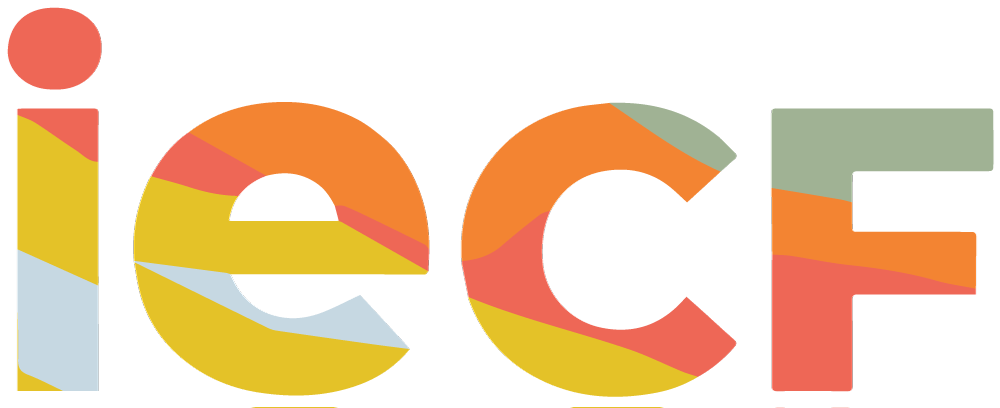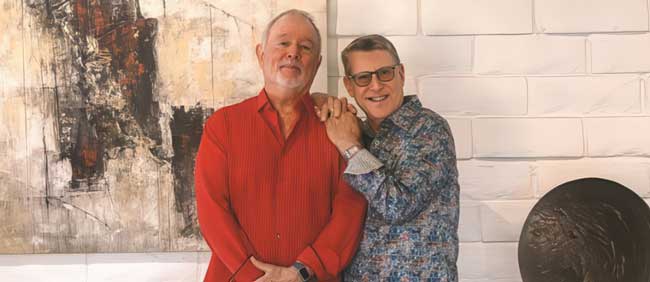A recent grant from Inland Empire Community via The CIELO Fund for Latino Empowerment is helping one local start-up offer a multigenerational approach to, as its founders put it, “honor the past, live in the present, and shape the future.”
And all by using creativity and gardening as a powerful tool for mental health.
By cultivating gardens, Chinampas will nurture and maintain a holistic well-being and knowledge of ecosystems based on the seasons and, in many ways, one’s cultural heritage.
“This is one of the first grants that we received,” said Sahara Daniela Huazano, Executive Director and CEO of Chinampas. “It’s more like, ‘thank you for believing in us.’ But the other co-founders and I have more than 10 years of nonprofit work and social organizing here in the community.

“Starting this nonprofit was really an opportunity for us to explore social justice and mental health through a different lens,” she added.
It’s a bold endeavor, and one filled with a lot of heart and passion.
“We’re a local non-profit from people born and raised in Mecca,” Huazano said. “Gardening is a powerful tool for mental health, and we want to share this knowledge with people here. It’s taking the therapeutic process, which is within four walls—when you see a therapist, for instance—and taking it out in nature, in the community.”
There is an ancestral piece to the endeavour, too.
“I look at my own heritage,” Huazano said. “My parents are Mexican and Mexican-American. This is about how to address mental health issues through the lens of nature or the psychology from back then. It’s about tapping into our roots and removing the barriers for people to access those roots.”
Chinampas, she added, is a Spanish word indicating, “a small floating garden” from Mesoamerica.
“This was before the Aztecs, before the Mayans. It’s a floating garden that was built in a swamp.”
Meeting in the chinampas, then, can be very beneficial, for in this gathering ground, tensions can be eased, and connections can be made.
 “We see today that young people in our local schools are experiencing higher levels of anxiety, higher levels of harming themselves, and we have to ask, ‘how can mental health meet the demand?’” Huazano said. “We see that there’s a lot of great mental health providers in the county, but there’s still much more ground to cover. We need more therapists; we need more ancestral knowledge keepers in our community to be part of this process for youth.
“We see today that young people in our local schools are experiencing higher levels of anxiety, higher levels of harming themselves, and we have to ask, ‘how can mental health meet the demand?’” Huazano said. “We see that there’s a lot of great mental health providers in the county, but there’s still much more ground to cover. We need more therapists; we need more ancestral knowledge keepers in our community to be part of this process for youth.
“That’s why we’re like, ‘Let’s meet in chinampas,” she added. “Let’s see and integrate the knowledge that we have through this lens to break the barriers and increase access to diverse forms of mental health.”
It’s fitting then that history tells us that chinampas could transform a swamp into a fertile lake.
Huazano, who proposed the name for the nonprofit, said the chinampas are still around today, and used all over the world.
“We can create our own gardens in our own homes, in our own minds, but this is really about expanding from the traditional community garden setting, like the urban versions, which is away from your home, and more into accessible plants that are close to you,” she said.
“In many ways, it’s about creating your own well-being through plants.”
Learn more at chinampasca.org.
This story originally appeared in the Desert Sun, August 2025.
Stay up to date on all the good work we’re doing through the power of philanthropy. Sign up for our eNewsletter, Philanthropy Matters, today.


